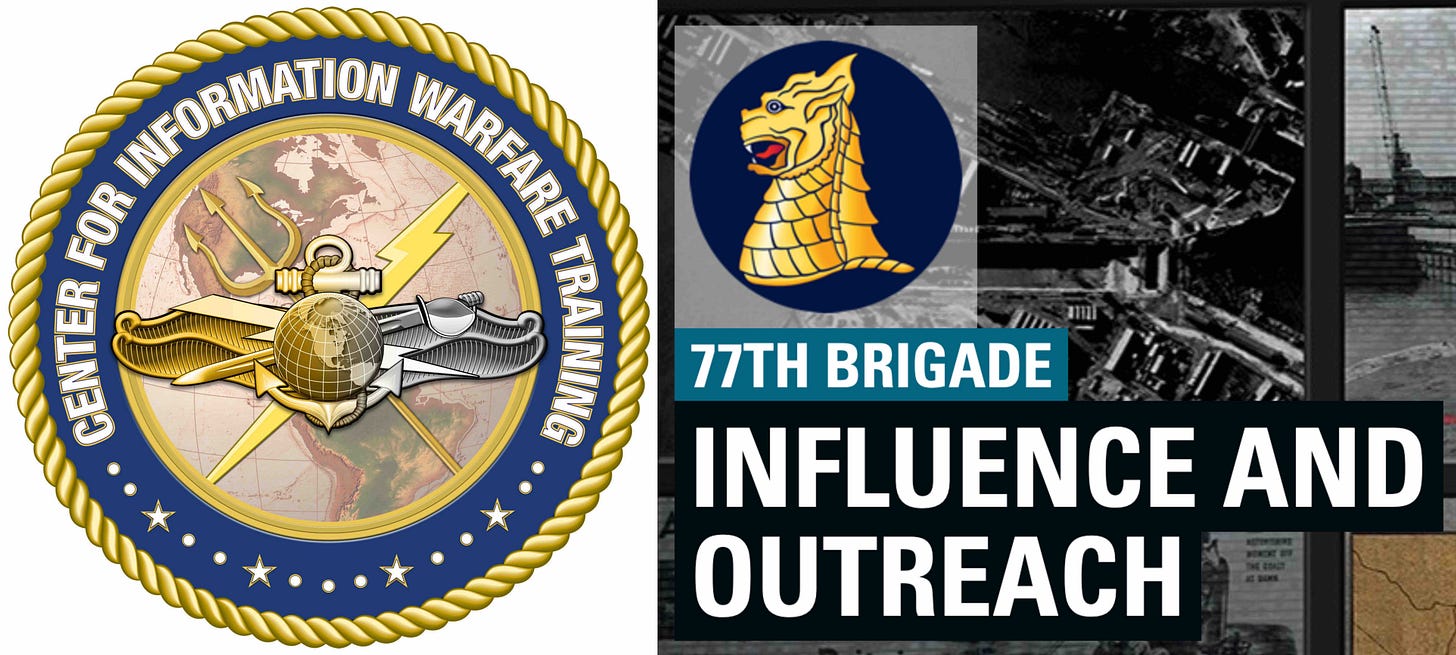
An already intense information war has massively escalated since Russia invaded Ukraine a week and a half ago.
Ukraine itself has escalated propaganda operations. Russia on Wednesday announced that almost 500 of its soldiers and almost 2,900 Ukrainian fighters had been killed (plus 572 captured) in the first week of the new phase of this conflict (which really began in 2014).
Ukraine is strongly disputing that, claiming on Sunday to have killed 11,000 Russian troops so far. No word from them on how many Ukrainian soldiers have died. The Ukrainian figure on Russian dead seems high — only a few days prior, they’d put the same figure at 6,000 (a suspiciously round figure).
In a hot war, with disinformation likely on both sides, it’s impossible from a distance to know just how well Russia’s “demilitarization and de-Nazification” campaign of Ukraine is really going.
It’s well established that Ukraine is outmatched on the battlefield in terms of raw fire power of the respective armies. So the Russian figures seem far more likely to be closer to the truth.
But the real leader of Ukraine’s information war is NATO: especially the United States and Britain.
There’s been a huge wave of censorship targeting Russian media in the West. TV channel RT (formerly Russia Today) has been taken off the airwaves all over Europe (including in Britain). Russian radio station Sputnik was also taken off air on the continent.
RT America was forced to shut down, laying off most of its staff, after being removed from the DirecTV satellite provider. Sputnik and connected shows have been removed from Spotify but the radio station is still just about going.
After a new round of European Union sanctions YouTube decided to block access to RT’s YouTube channel in all of Europe. This ban includes the UK, even though we are no longer part of the EU. So much for Brexit.
Silicon Valley’s power led to the ridiculous situation where for two days in Britain, you could watch RT on Freeview and Sky but not on YouTube. But two days later, this anomaly was resolved when RT was taken off British airwaves too (again, after an EU diktat).
“The facade of free press in Europe has finally crumbled,” said RT.
Even accessing RT’s website from the UK has been extremely difficult, with the site under near constant cyber attack.
The Tory government was reluctant to ban RT outright. “The reality is that if we ban RT in the United Kingdom, that is likely to lead to channels like the BBC being banned in Russia,” said Foreign Secretary Liz Truss.
In the event, Russia allowed the BBC to keep broadcasting. Despite RT being disappeared from British airwaves on Thursday, the BBC announced the next day it was drawing record audiences in Russia and that it would carry on offering Russian-language news from outside the country, including from Ukraine. The same day the BBC announced it was temporarily suspending its operations within Russia, in retaliation for what it said were restrictions on its coverage.
But considering that the BBC is still permitted by the Russian government to carry on broadcasting, while RT is not permitted to carry on, it seems that in some respects at least, Russia has a freer media than the UK.
Silicon Valley also issued a whole host of other arbitrary restrictions on Russian media, including targeting the strongly leftist channels of Redfish — which has been providing a lot of coverage of Russian anti-war protests (far, far more than the BBC provides of British anti-war protests).
I appeared on Not the Andrew Marr Show on Sunday to discuss the issue alongside The Canary’s editor-in-chief, Drew Rose. I explained the difference between British and US imperialist sanctions against Russian culture, media and basic human necessities and the Palestinian-led global movement for boycott, divestment and sanctions against Israel.
Check it out in the video above.
I also wrote this column, which will be my last for MEMO for a few months.
